What Top Skills Successful Scrum Masters Have?

A Scrum Master should know the “why” behind Scrum and Agile principles, apply facilitation techniques, coaching, and mentorship, and exhibit solid leadership focusing on team empowerment and growth. A Scrum Master should have several core competencies and skills to effectively guide and support the Scrum Team, foster a productive and dynamic working environment, and ensure […]
What Are 5 Things Scrum Masters Should Stop Doing in 2024?
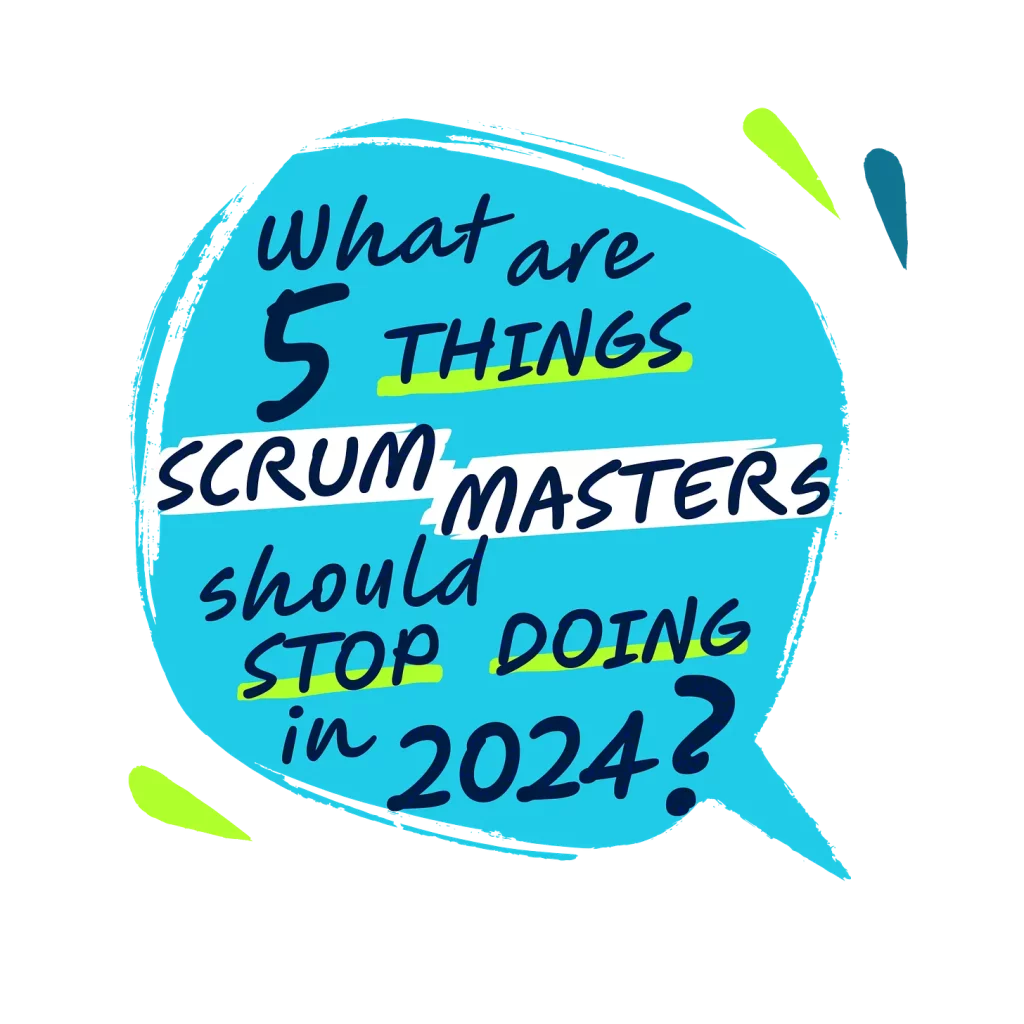
There are good and great Scrum Masters. Sometimes the distance from good to great is the hardest part of the journey. If you want your Scrum Master to be 5 times more effective, show them this. There is a big difference between living an accountability and focusing on responsibilities only. Even good Scrum Masters sometimes […]
Is There a 4th Secret Scrum Accountability?
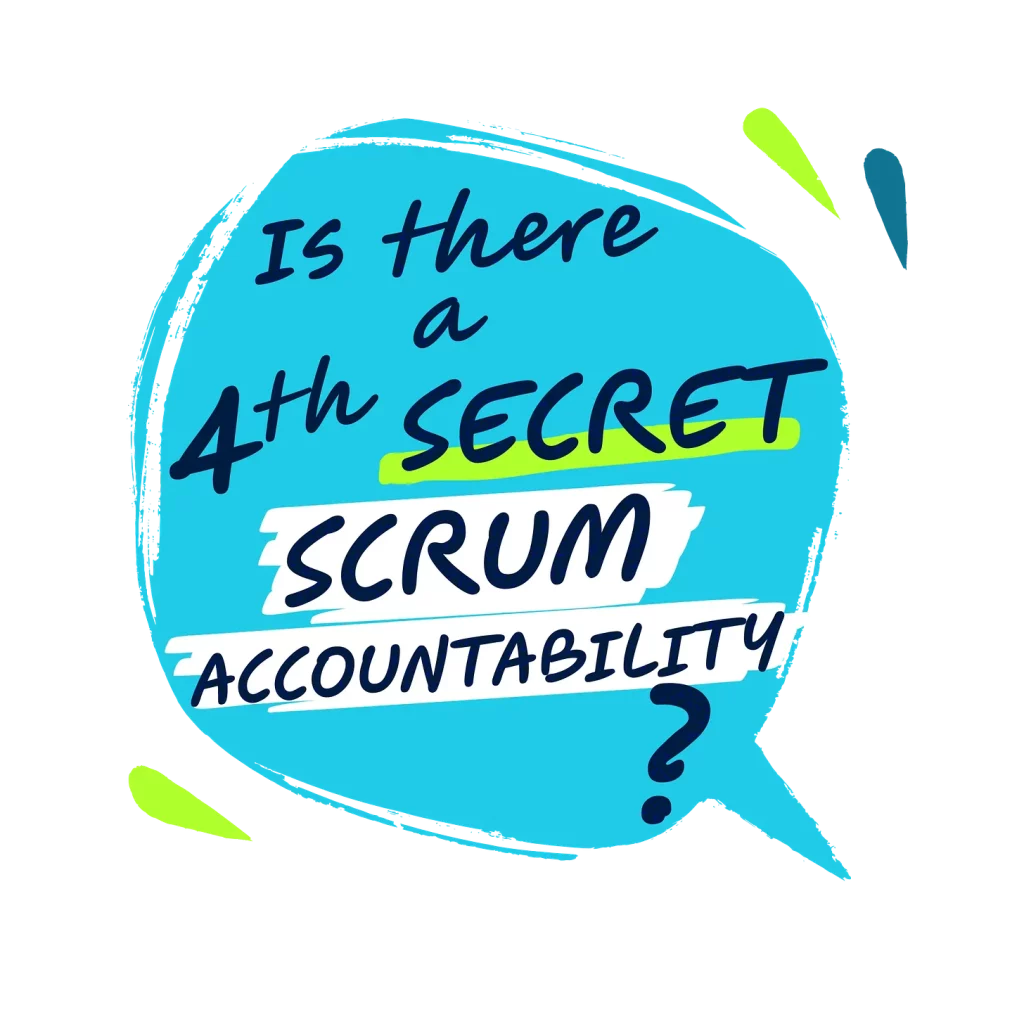
While there are only 3 accountabilities in the Scrum Team, the entire team is accountable for creating a valuable, useful Increment every Sprint. Mastering this one accountability is key to success. Let’s get things straight first, with a quote from the Scrum Guide 2020: Scrum defines three specific accountabilities within the Scrum Team: the Developers, […]
Why Should We Care About the Sprint Goal?
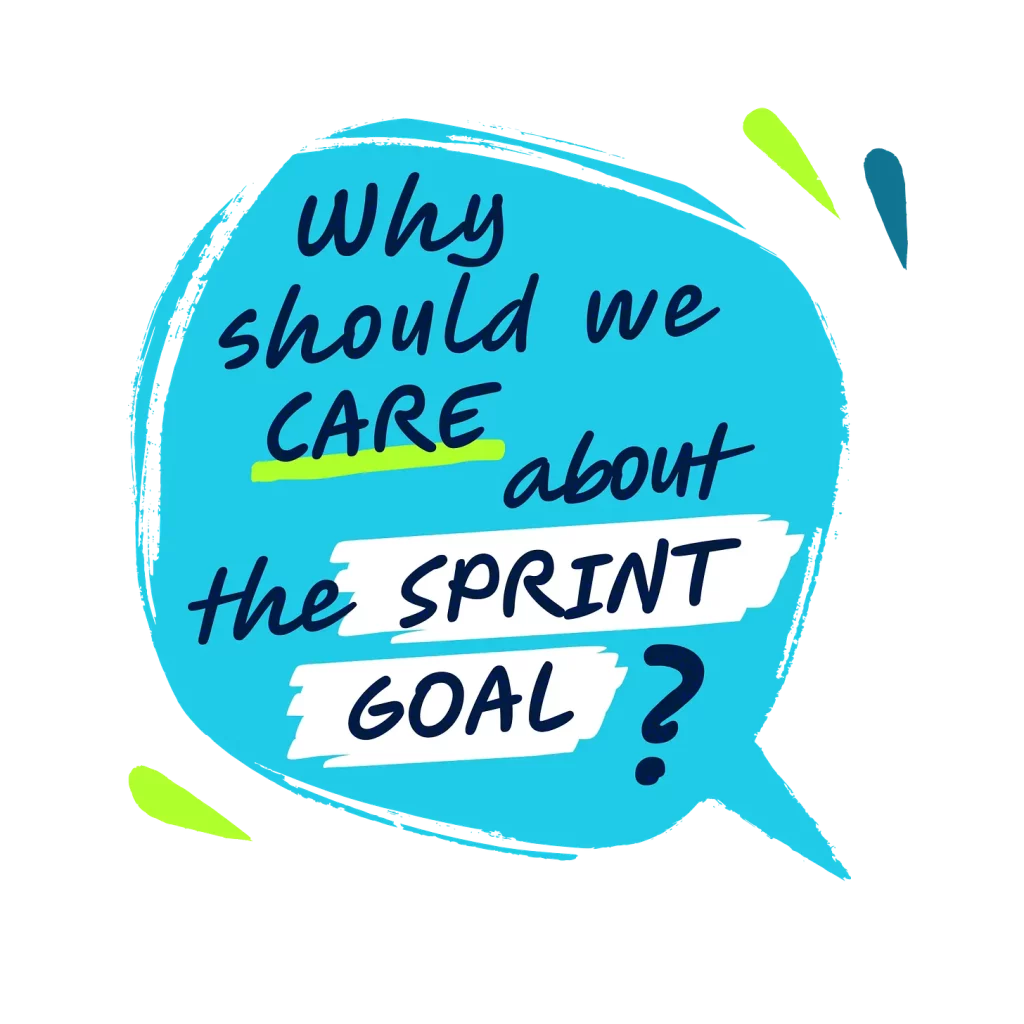
The Sprint Goal is essential for maintaining focus, collaboration, alignment, motivation, adaptability, transparency, and progress measurement, ultimately leading to more successful sprint outcomes. The Scrum Team should care about having a Sprint Goal because it provides valuable benefits. It provides a basis for making decisions during the Sprint, allowing the Scrum Team to respond effectively […]
Why Should We Care About Empiricism?

Empiricism, particularly in product ownership and scrum mastery, is a cornerstone for fostering effective, adaptive, and customer-centric product development. Empiricism in product management is pivotal for success, enabling data-driven decisions, continuous improvement, and enhanced customer satisfaction. Grounding strategies in real-world feedback and evidence mitigates risks and fosters adaptability. As a guiding principle, empiricism transforms product […]
What Really Is a Product?

A product is a tangible or intangible offering that fulfils a need or desire. It has a customer, who benefits from it, a buyer, who pays for it, and a producer, who receives a benefit in return. It’s a solution to a problem or an enhancement to existing ways of doing things, often developed through […]
How Can Personal Growth and Team Focus Help Scrum Masters Perform at Their Best?
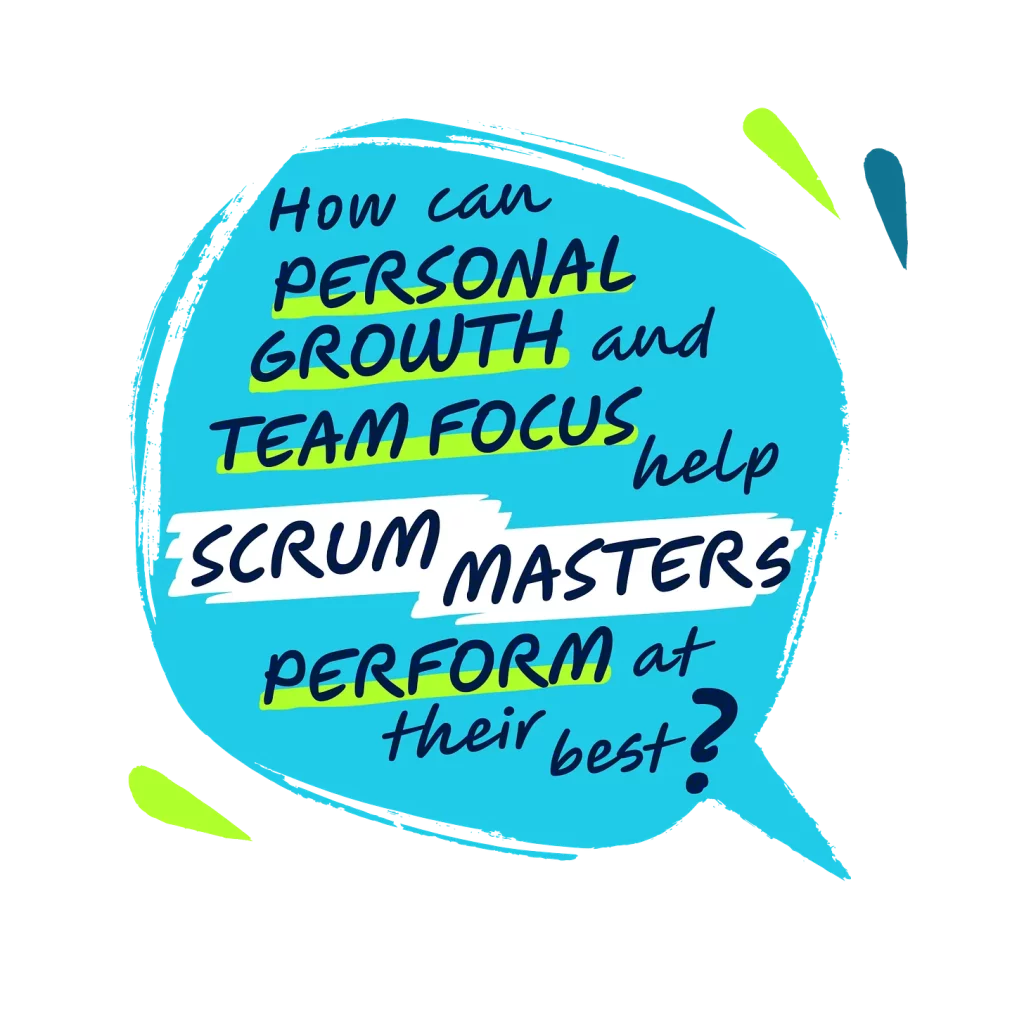
A successful Scrum Master fosters a healthy and productive team culture, reflected by the team’s ability to deliver quality products by upholding Scrum and advocating for the team’s needs and growth. This journey starts with the Scrum Master investing in personal growth.As a Scrum Master, having the right skills is critical to helping your team […]
What Really Is Technical Debt?

Technical debt refers to the compromises made in software development, where quick and easy solutions are chosen over more robust and sustainable ones. Technical debt in software development refers to the additional work that results from compromises made while building products rather than using the optimal solution. It’s a common challenge in product management, reflecting […]
Who Really Creates the Sprint Goal?

In Scrum, the Sprint Goal is collaboratively created by the entire Scrum Team. This ensures alignment and shared understanding of the objective for the upcoming Sprint. The Sprint Goal is a collaborative effort in Scrum, primarily driven by the Product Owner, who proposes the objective based on product backlog priorities and business needs. The Developers […]
How Can We Measure Success in Scrum?
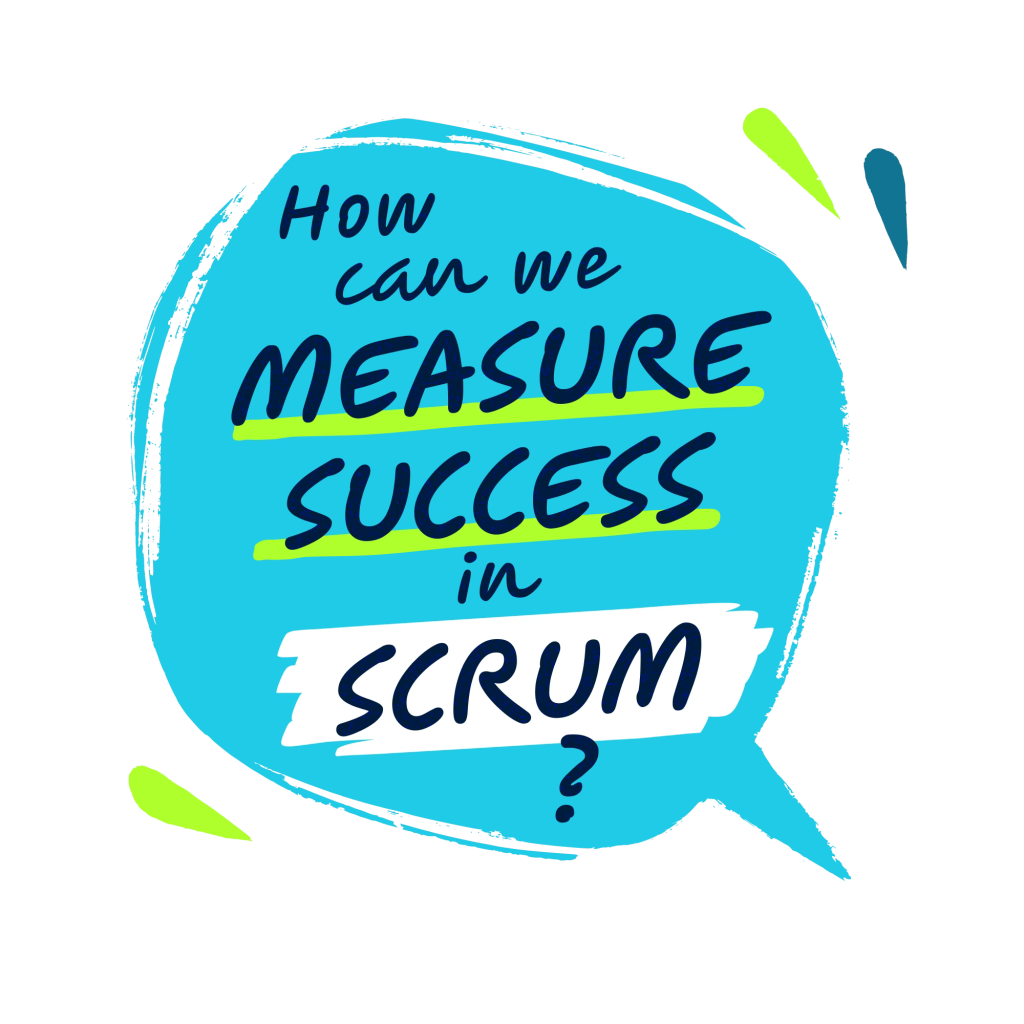
Scrum’s empirical approach promotes adapting to reality rather than sticking rigidly to predefined KPIs. Success in Scrum focuses on continuous improvement, value delivery, and customer satisfaction. Scrum is based on empiricism and Lean thinking. Empiricism asserts that knowledge comes from experience and making decisions based on what is observed. This means that success in Scrum […]

